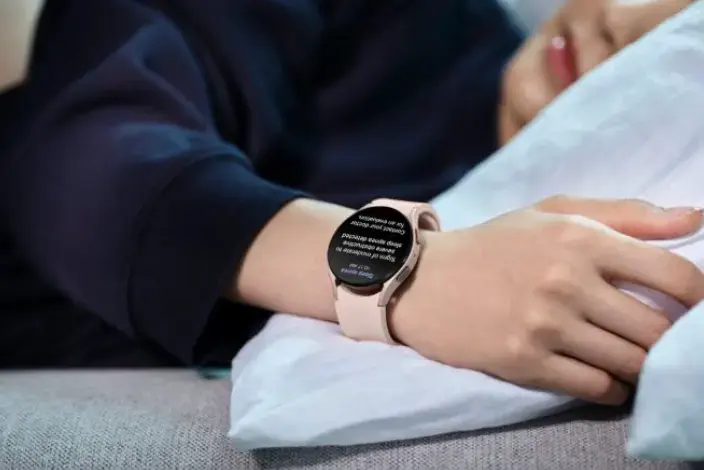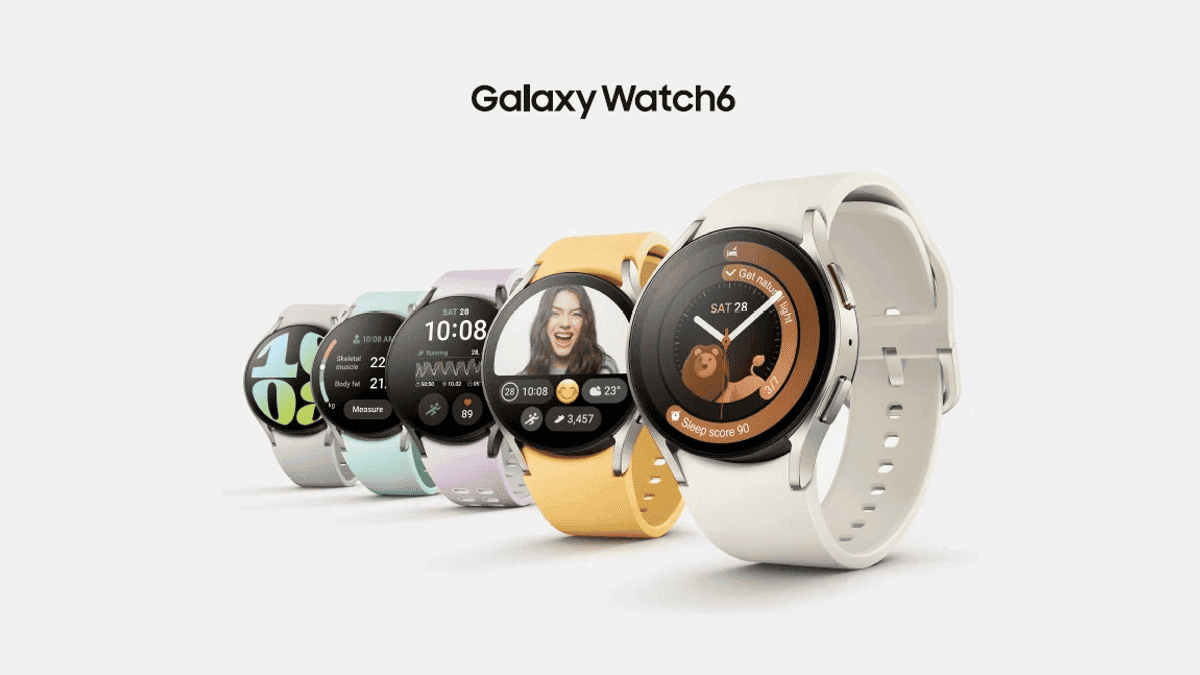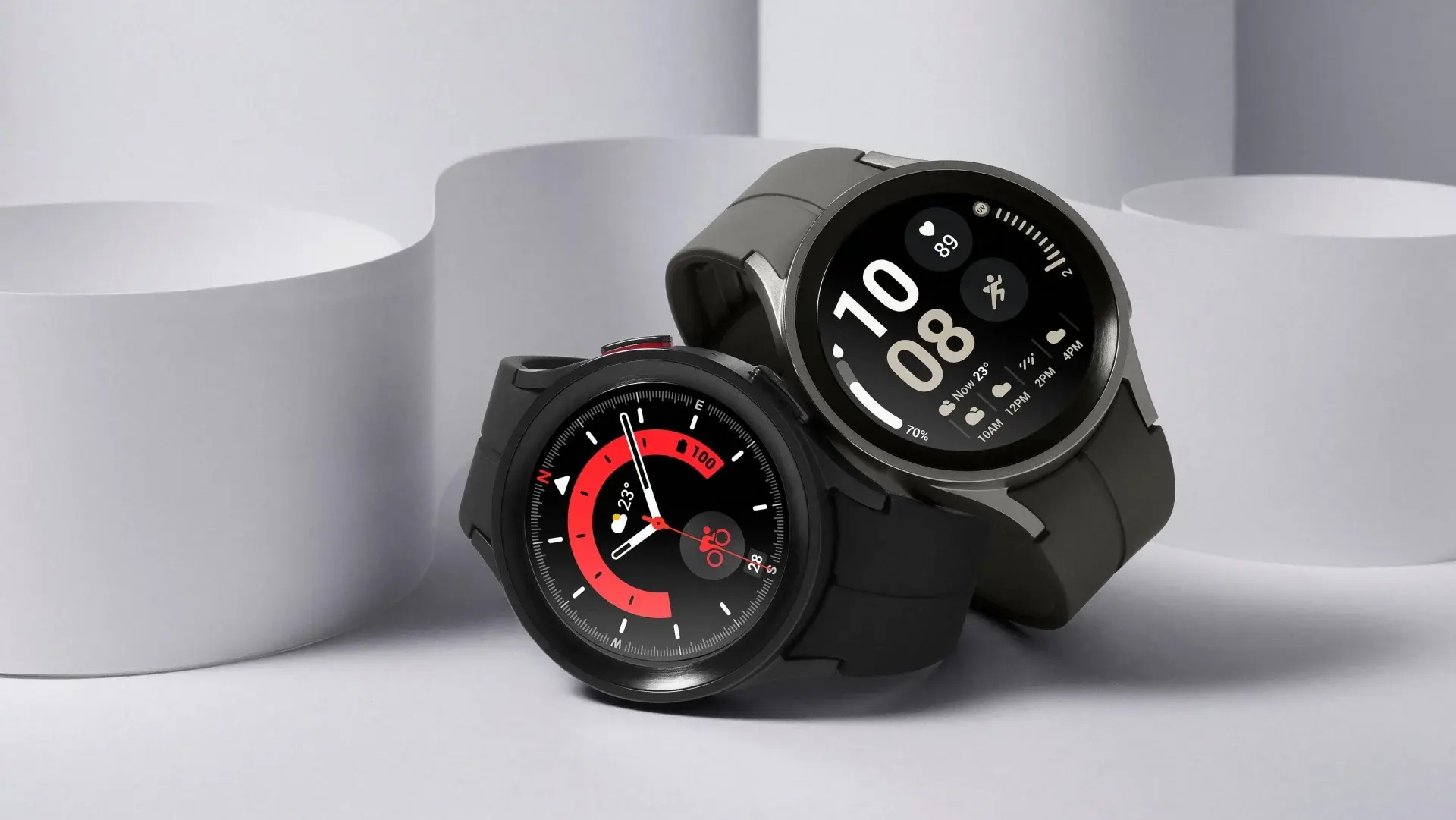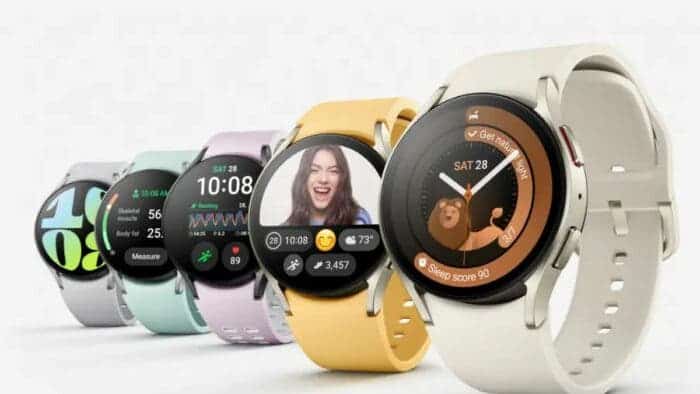Samsung has achieved a significant milestone with the U.S. Food and Drug Administration (FDA). The administration has granted its approval for the sleep apnea detection feature on the Samsung Galaxy Watch. This approval marks the first of its kind for a wearable device. It also paves the way for the integration of this feature into the Samsung Health Monitor app in the US. The FDA’s authorization, known as De Novo, is a noteworthy validation of Samsung’s commitment to advancing health monitoring capabilities through its wearable technology. Recall that South Korea’s Ministry of Food and Drug Safety (MFDS) approved this feature in last October. With South Korea and now the U.S. approvals, other approvals will likely follow suit.

Sleep Apnea Feature
The sleep apnea detection feature is designed to identify potential signs of sleep apnea using a compatible Samsung Galaxy Watch and smartphone. Users will be required to wear the Galaxy Watch during sleep. This will allow the device to monitor their blood oxygen levels throughout the night. This data is then analyzed to detect patterns indicative of sleep apnea. Sleep apnea is a serious sleep disorder characterized by breathing interruptions during sleep.
The sleep apnea feature will allow users over the age of 22 who have not been diagnosed with sleep apnea to detect signs of moderate to severe obstructive sleep apnea (OSA), a type of obstructive sleep apnea, over a two-night monitoring period. OSA is a common and chronic sleep condition that often goes undiagnosed and untreated. To use the feature, users can simply track their sleep twice over ten days, lasting over four hours.
OSA causes a person to stop breathing while sleeping, often resulting in disruption of oxygen supply. This also causes poor sleep quality and daytime fatigue. Untreated sleep apnea increases the risk of cardiovascular disease, such as high blood pressure, coronary artery disease, heart failure, arrhythmias, and stroke.
According to the National Sleep Foundation (NSF), approximately 25% of men and 10% of women in the United States have OSA. The new feature on the Samsung Health Monitor app is expected to help more people proactively detect moderate or severe OSA and therefore seek medical care to reduce the likelihood of health-related complications.
Implications and Considerations
While the FDA’s approval is a significant achievement for Samsung, it is important to note that healthcare professionals have cautioned against relying solely on smartwatches for the diagnosis of sleep apnea and other medical conditions. The efficacy of these devices in accurately detecting sleep apnea has been a subject of ongoing discussion within the medical community. Despite this, major technology companies, including Apple and Fitbit, have also been exploring the integration of similar health-monitoring features into their wearable devices.

Gizchina News of the week
Pros and cons of using smartwatches for detecting sleep apnea
The pros and cons of using smartwatches to diagnose sleep apnea are as follows:
Pros:
1. Early Indicators: Smartwatches can track sleep quality and vital signs, serving as early indicators of sleep apnea.
2. Convenience: They allow for remote and widespread availability of diagnostic tools and therapy follow-up.
3. Awareness: Smartwatches can help bring awareness about sleep hygiene and sleep habits.
4. Detection of Respiratory Issues: Some smartwatches are equipped with SpO2 sensors that can detect issues with breathing, which can be a possible sign of sleep apnea.
Cons:
1. Limitations in Accuracy: They may not provide the same level of accuracy and precision as professional diagnostic tools.
2. Variability in Features: Not all smartwatches offer advanced features like oxygen level tracking and snoring detection.
3. Movement-Based Tracking: Most sleep trackers use motion-sensing technology, which may not be the best parameter to reflect sleep quality.

Industry Trends and Future Prospects
Samsung’s success in obtaining FDA approval for the sleep apnea feature reflects a broader trend within the wearable technology industry. Tech brands are increasingly focusing on health and wellness monitoring capabilities. Competitors such as Apple and Google, through its subsidiary Fitbit, have been enhancing their devices with additional sensors and features. The emphasis of these enhancements is on sleep and mental well-being. It is anticipated that the next generation of the Apple Watch will also incorporate sleep apnea detection and blood pressure monitoring features, further underscoring the growing importance of health-related functionalities in wearable devices.
Conclusion
In conclusion, Samsung’s achievement of FDA approval for the sleep apnea detection feature on its Galaxy Watch represents a significant milestone in the realm of wearable health technology. This validation underscores Samsung’s commitment to advancing healthcare monitoring capabilities through innovative wearable devices. While the approval marks a notable step forward, it’s essential to recognize the ongoing discussions within the medical community regarding the efficacy of smartwatches for medical diagnoses.
Despite this, the approval sets a precedent for other companies to explore similar health-monitoring features in their wearable devices, reflecting a broader industry trend towards prioritizing health and wellness functionalities in consumer technology. As technology continues to evolve, the integration of such features holds promise for empowering individuals to monitor and manage their health more proactively.
Author Bio
Efe Udin is a seasoned tech writer with over seven years of experience. He covers a wide range of topics in the tech industry from industry politics to mobile phone performance. From mobile phones to tablets, Efe has also kept a keen eye on the latest advancements and trends. He provides insightful analysis and reviews to inform and educate readers and enthusiasts. Efe is very passionate about tech and covers interesting stories as well as offers solutions where possible.





